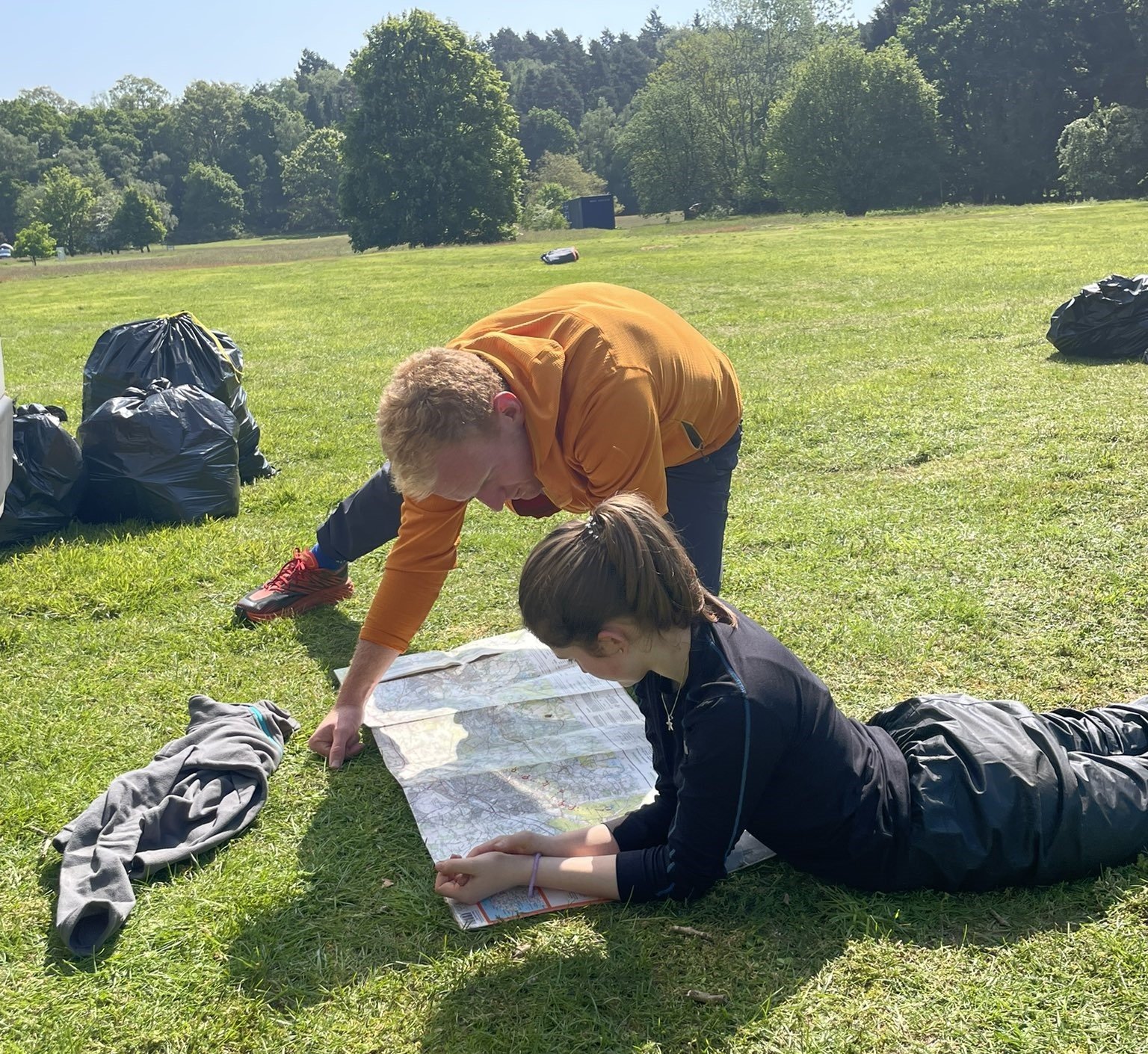Bea’s “self confidence grows” during her accessible expedition

Having managed a condition called dystonia since the age of eight, Bea’s DofE journey looked slightly different to her peers. Dystonia is a movement disorder that alters normal muscle movements and causes uncontrollable changes, including spasms and twisting movements. Despite the challenges this brings to her daily life, with determination and support from friends, her mum and staff at school, Bea recently completed her Bronze Award and has already signed up for Silver. Read her story.
“I’ve technically had dystonia for all my life, but the symptoms only started to show when I was eight years old I’ve got DYT1 which means it’s generalised and can affect my whole body, so as I got older it spread from just my hands to other parts of the body. I felt quite alone and it was very isolating and often felt like people didn’t understand. However I managed to find ‘yoga for dystonia’ on YouTube and it was really refreshing to hear from other people who were having a similar experience to me. A lot of movements and positions you wouldn’t necessarily do in your day-to-day life, so it was a great way of challenging and pushing myself.
“I knew I wanted to do DofE, but when it came to signing up my dystonia was really bad and it was affecting everything I was doing. However, with some encouragement from my mum and friends, I signed up knowing I had a good support network around me. For my physical section I wasn’t sure what I would be able to do because a lot of the options, even wheelchair sports, weren’t accessible to me because my condition meant that sometimes I couldn’t sit down. I decided on yoga because it was something I could do from the comfort of my own home, and I knew it would help me to feel calmer as dystonia naturally causes a lot of anxiety. Often I couldn’t leave the house and even getting out of bed was difficult, so it was a way of fitting a physical activity into my life.
“For my Volunteering section I taught my friend Italian, as I am Italian and bilingual. Then for the Skills section I couldn’t play my clarinet at the time because I couldn’t sit up and my hands weren’t working, so the alternative was to study the theory of music, during this I composed a piece with the help of my music teacher and my mum.
“When it came to the expedition, I was quite nervous, partly because I’d spent so much time out of lessons I wouldn’t know a lot of people in my year group doing DofE. For the practice expedition I physically couldn’t walk so I got involved in other ways and took on the role of ‘camp mum’. Helping with the navigation, meeting the team at checkpoints and taking a lead on setting up tents and cooking. It was a case of seeing how I felt on the morning and how much I’d be able to do that day.
“For the qualifying expedition I made use of the routes that were accessible by wheelchair, and I felt more confident by this point. I also knew my group really well, and they made sure I felt safe and comfortable. I really enjoyed the expeditions, I loved being at the campsite with my friends toasting marshmallows. It helped my self-confidence knowing it could be adapted so that I could just do it in a different way, it taught me a valuable life lesson. I could also camp overnight because one of the rarely comfortable positions with my dystonia was lying down, so I really felt part of the group.
“To someone with a chronic illness who is thinking about their DofE, I’d say just do it! The DofE is inclusive, all it takes is for you to say you want to do it and explain what you need to ensure you can take part and feel safe and comfortable. Just make sure you have the right people around you who respect you and understand what you need, but if you want to do it, there’s nothing stopping you!
“I’d like to thank CMDS (Complex Motor Disorders Service), led by Dr Lin and his team at Evelina Children’s Hospital, for supporting me throughout this time.”
Read more about running inclusive and accessible expeditions here.




